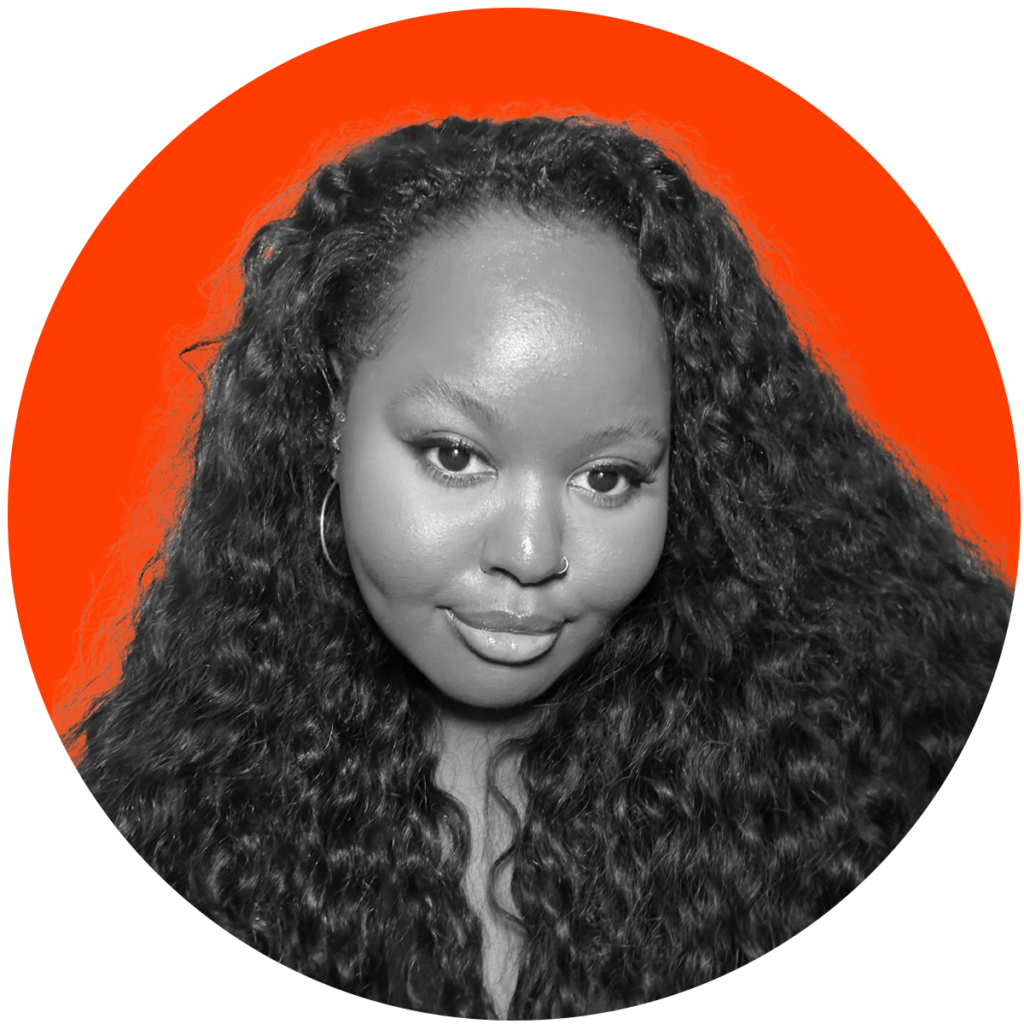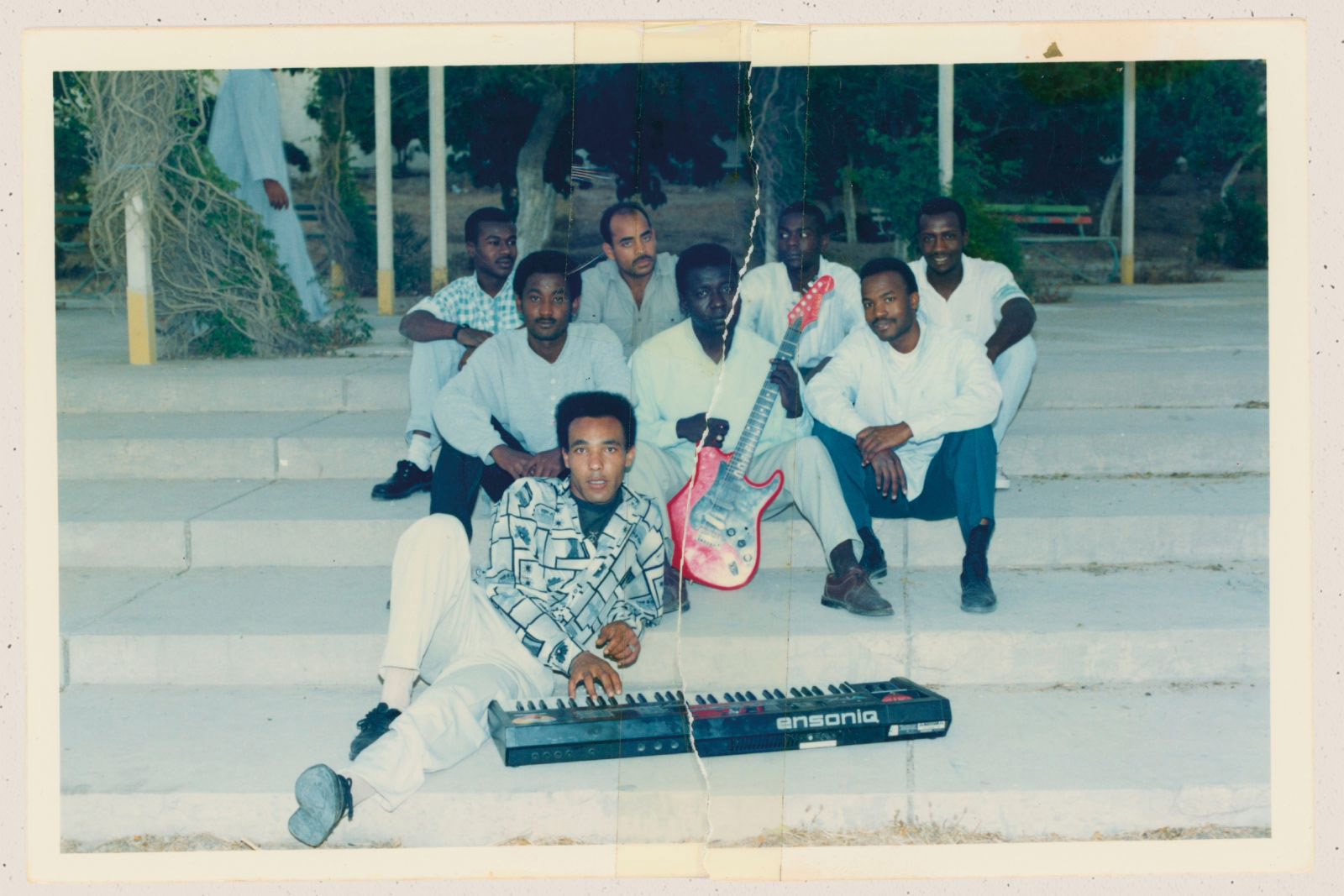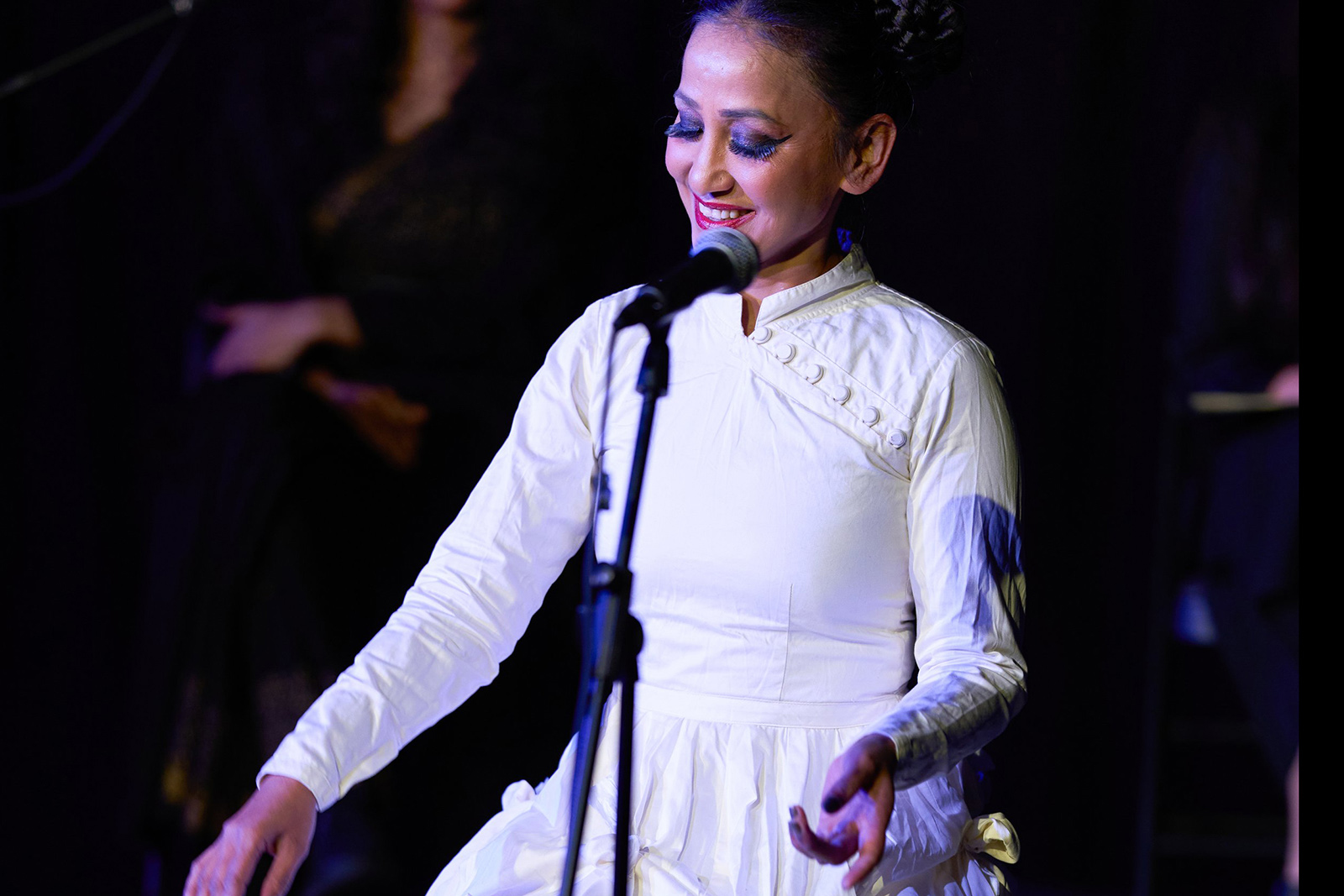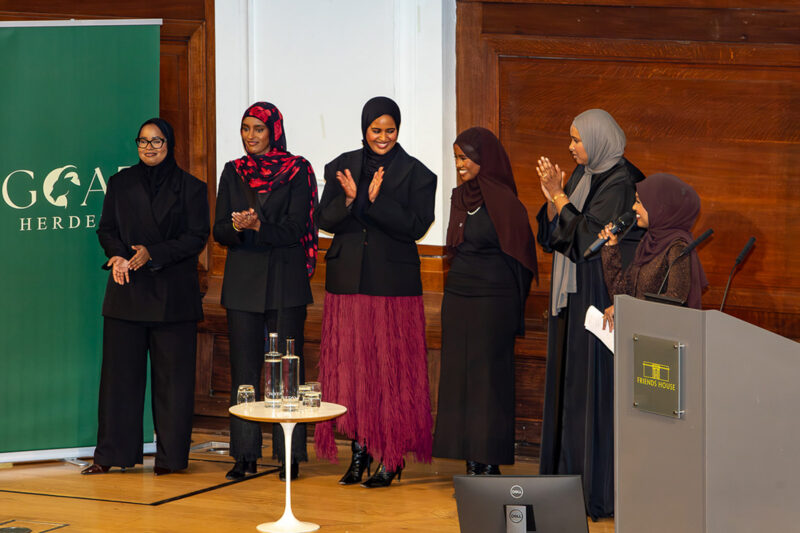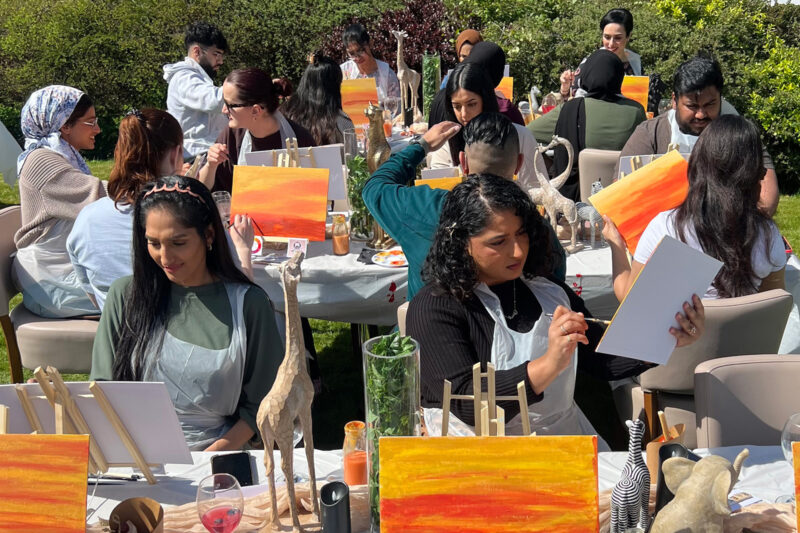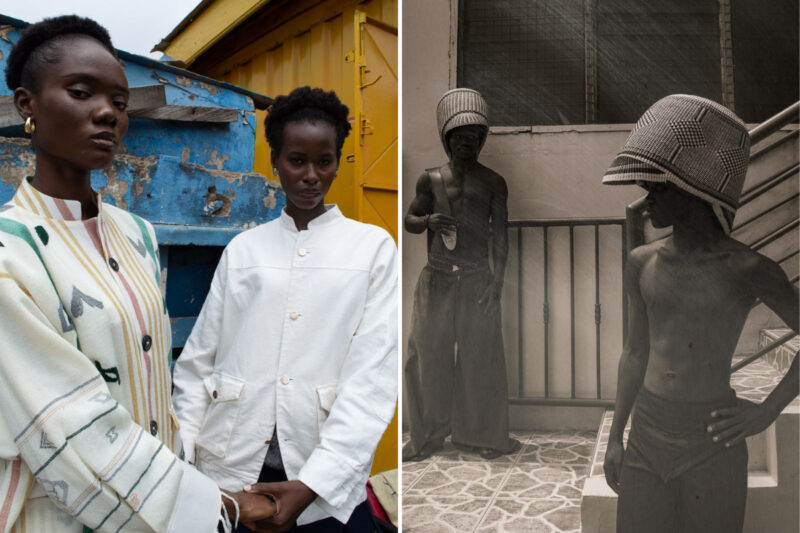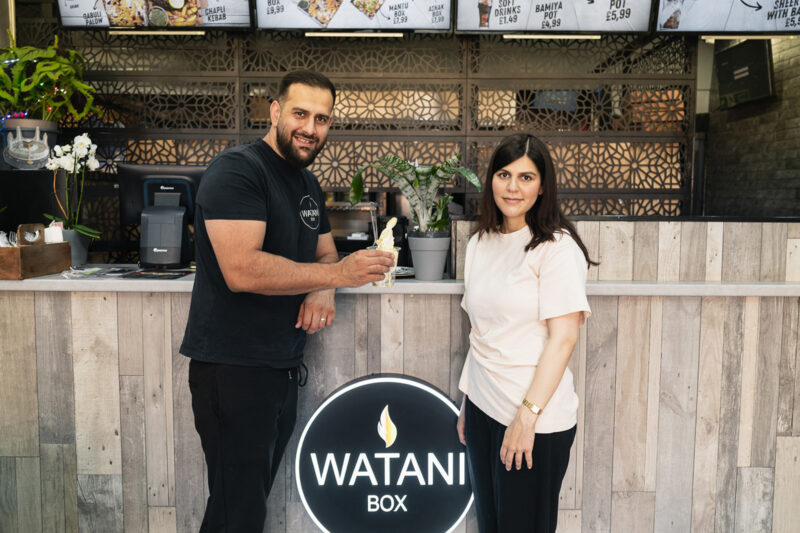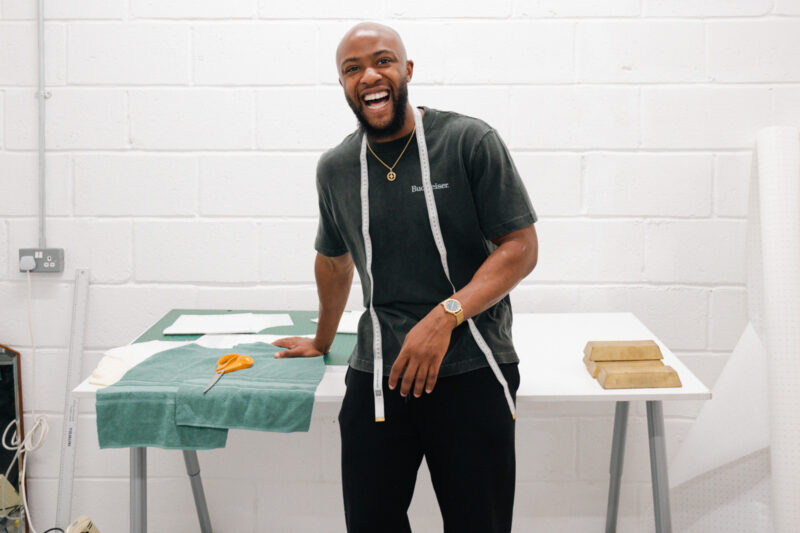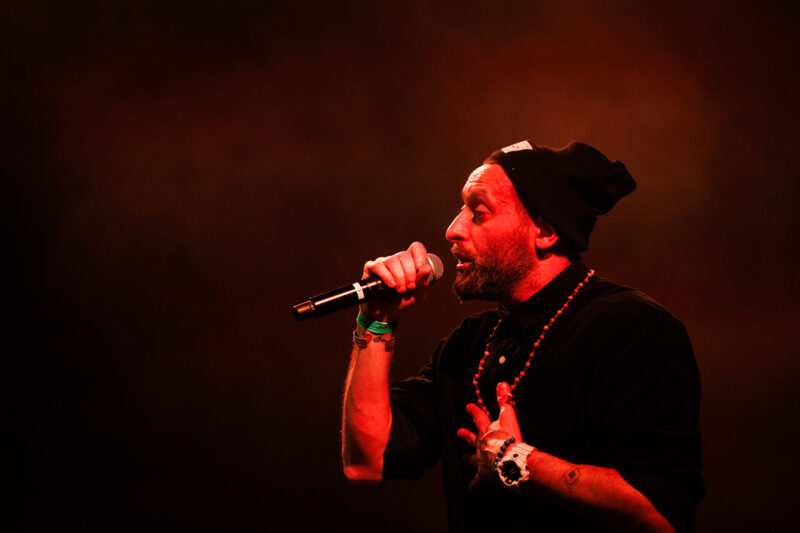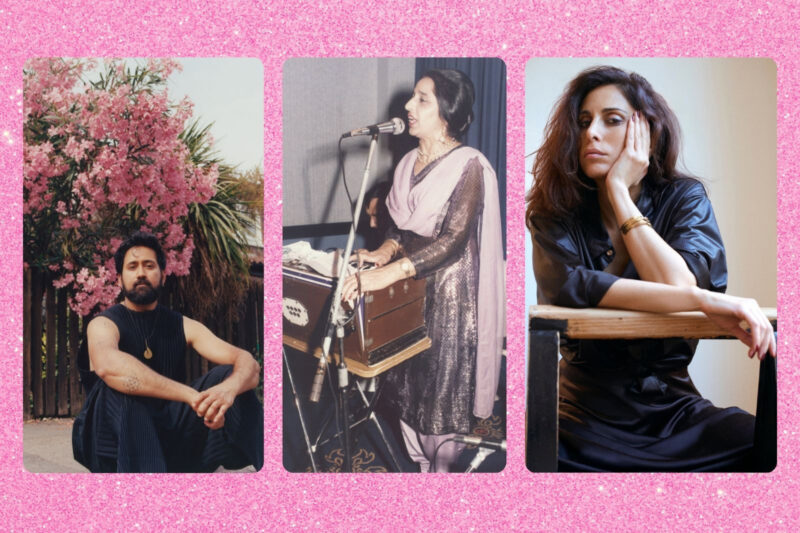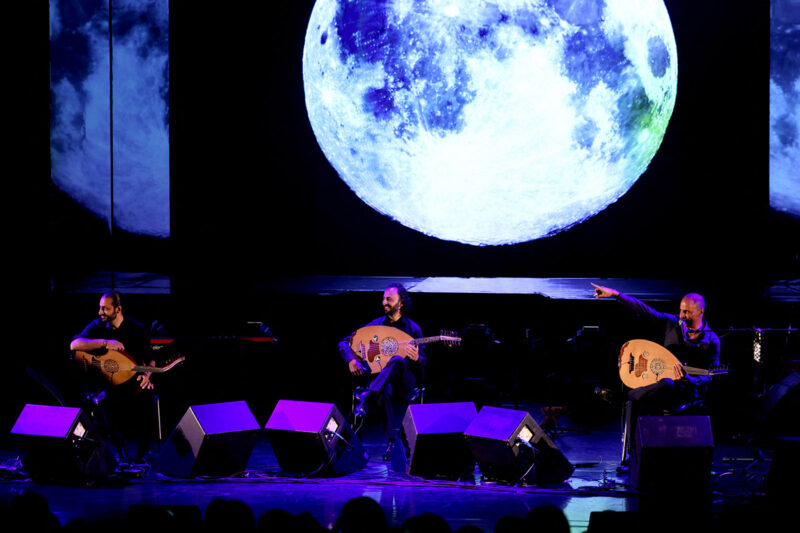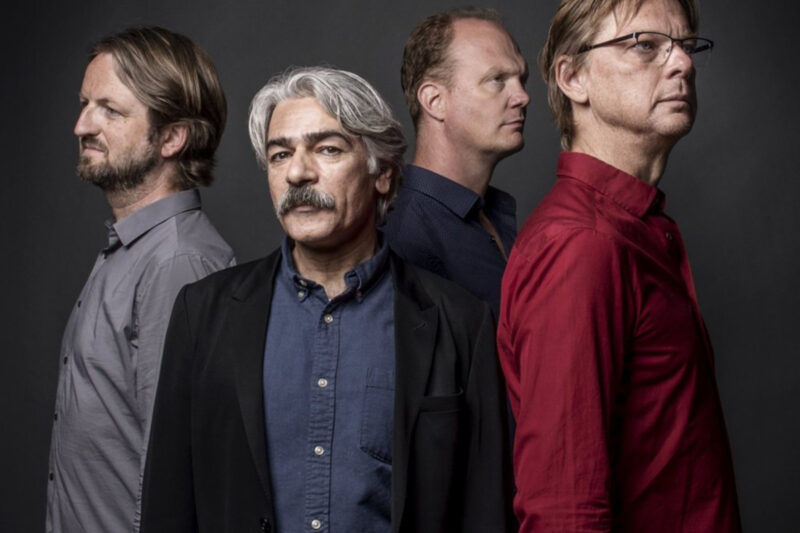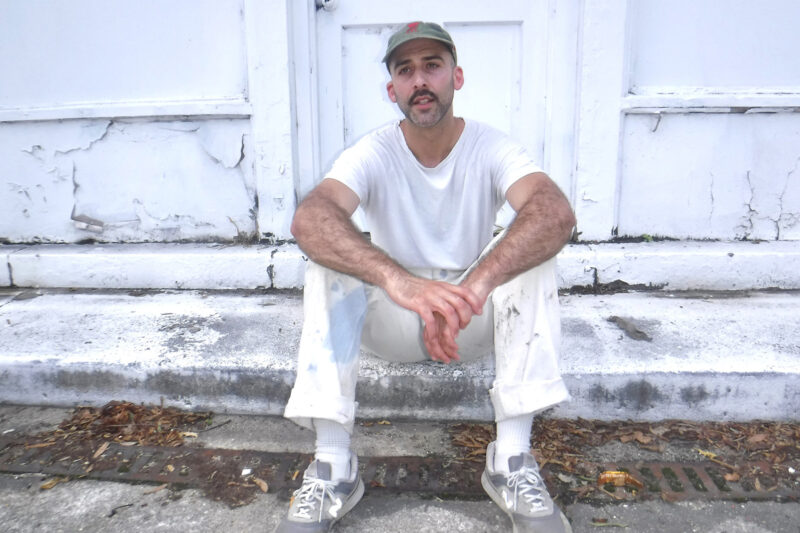Meet Halal Beats — the producer making tracks aligned with his faith
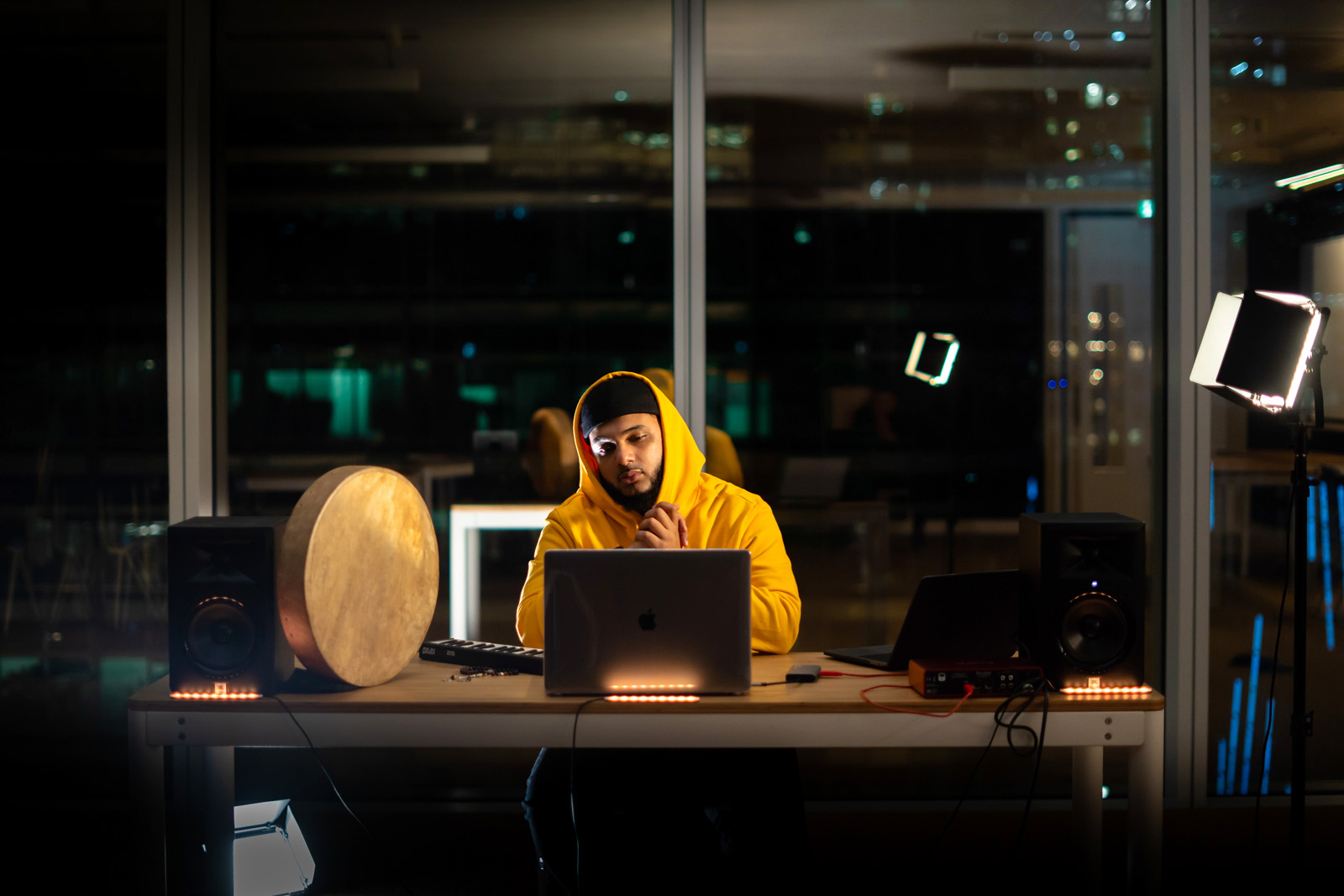
Umar Valu makes music for Muslim content creators who want to use sounds that fit within the boundaries of their religious values
At 15, Umar Valu thought his dreams were about to come true. The north-west London-based artist was rapping in the playground at school, producing his own beats at home and catching the attention of radio stations including BBC Asian Network. Then a record label came calling. It was the break he thought he wanted.
But reality soon hit — the contract stated the label would take around 85% of everything he made. “That was a slap in the face,” he recalls. “At that age, I thought I’d reached my peak. I fell out of love with music.”
Sixteen years later, Valu and I sit in a dimly lit recording studio in west London used by Halal Beats, the company he founded in 2020 to create vocal-only, instrument-free music for Muslim content creators and businesses.
Social media influencers use music to go alongside posts and videos to help drive engagement. Globally, the sync music industry — music that is paired with visual content — generates hundreds of millions of pounds each year. Research company MIDiA estimates that record labels alone earn around £500m annually from sync. But there has never been much on offer in this space specifically for Muslim content creators who don’t listen to music.
Muslim communities have long debated whether listening to or making music is permissible. Some Islamic scholars interpret religious texts as prohibiting musical instruments altogether, while others allow them under certain conditions, such as the use of the daf, an ancient hand drum. For those who follow a stricter interpretation, vocal-only nasheeds are seen as a halal alternative. Others see no issue at all.
Valu, whose artist name is Umar Salaams, says his experience with the record label left him with a deep sense of loss.
But at 18, he met British international nasheed artist Abdullah Rolle, who became a mentor, and taught Valu that music could exist within the boundaries of his religion.
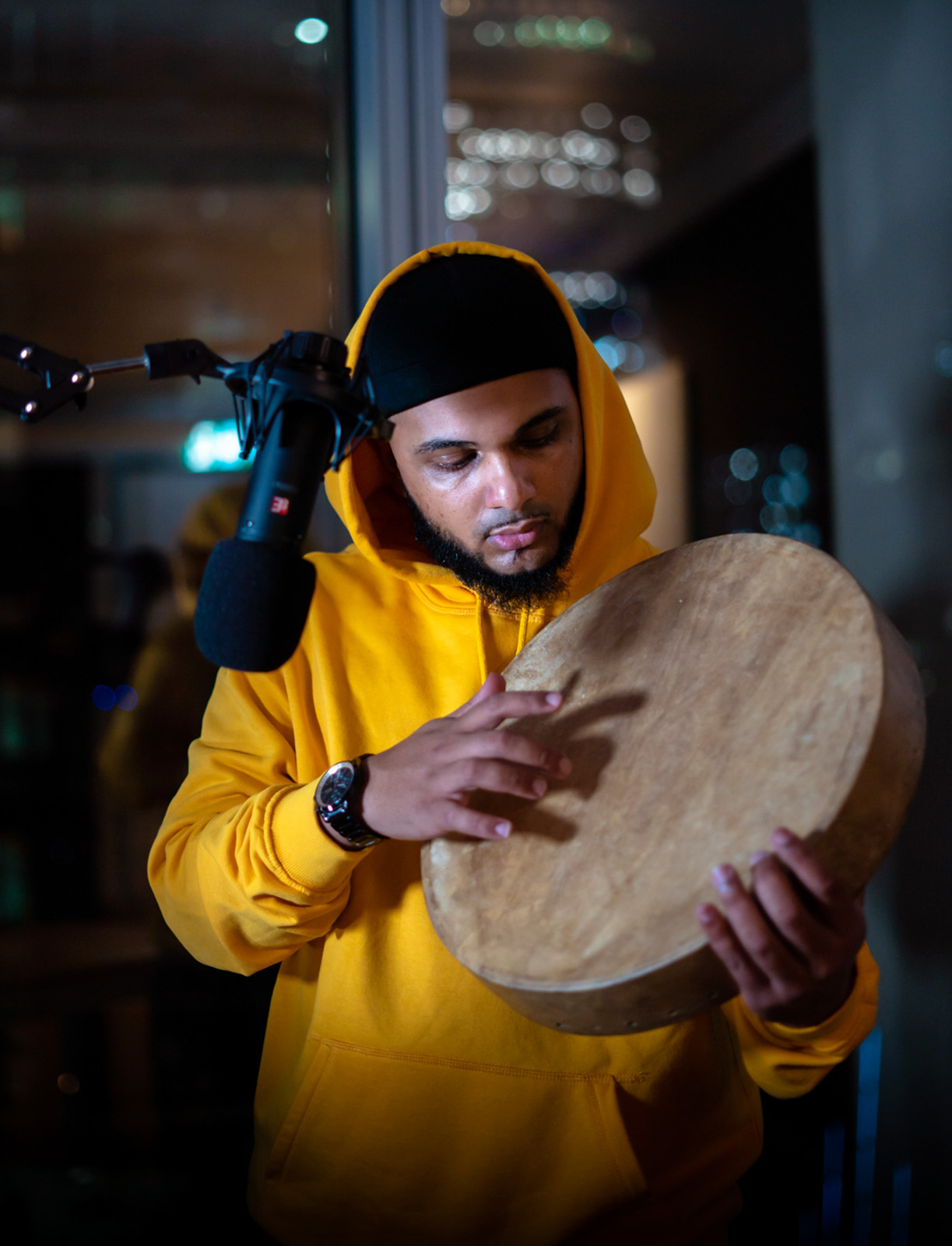
Valu noticed a need for halal sounds among Muslim content creators, so began producing vocal-only tracks for use on social media platforms including Instagram and TikTok. He offers licensing through Halal Beats as single-track purchases or through subscriptions. “The main thing was having sounds for content through the right licensing and without musical instruments, just to align with the faith,” he says.
“When we’re just using voices, we’re trying to talk to people through melodies and through emotions,” he adds.
Halal Beats has grown rapidly since its launch in 2020. At the time of writing, the platform has half a million monthly listeners on Spotify and more than 187,000 YouTube subscribers. Valu is a producer, creating the tracks himself while working alongside a team of around 30 people, including vocalists and other producers, to record original compositions. Some of the tracks feature lyrics, but those that do are carefully written to not conflict with his faith.
“It wasn’t just instruments, it was actually lyrics that would deter people,” he says. “For example, the club might be playing a song that has lyrics that make you want to do things that may go against your religious values. We wanted to stay away from that and provide an alternative to music.”
While many use Halal Beats for content, Valu says just as many listeners stream the tracks casually.
“We want listeners to come into a world of different types of sounds that will resonate and hit you deeper, or make you think. I’ve always wanted to make Halal Beats welcoming to anyone and everyone to use and listen to,” says Valu.
He knows that not everyone shares his view about what is permissible, particularly those with a stricter interpretation. “I do see some comments and it’s always nice to see people’s reactions and thoughts about what the tracks sound like. But there’s a community that doesn’t agree, and it is fine, it’s important to respect that,” he says.
Valu’s top tracks, including Where You Are, On My Way, and Fallen, have been used by Muslim content creators with large platforms, such as Leana Deeb, an influencer with more than 11.6 million TikTok followers.
Halal Beats also has a “wide non-Muslim fan base”, Valu says, welcoming anyone who wants something a “bit more mellow”.
“We get loads of people asking: ‘I’m not Muslim, can I still use it?’ Of course you can. This is for everyone,” he says. “It’s about building these things to leave behind for other people to benefit from.”
 Newsletter
Newsletter

